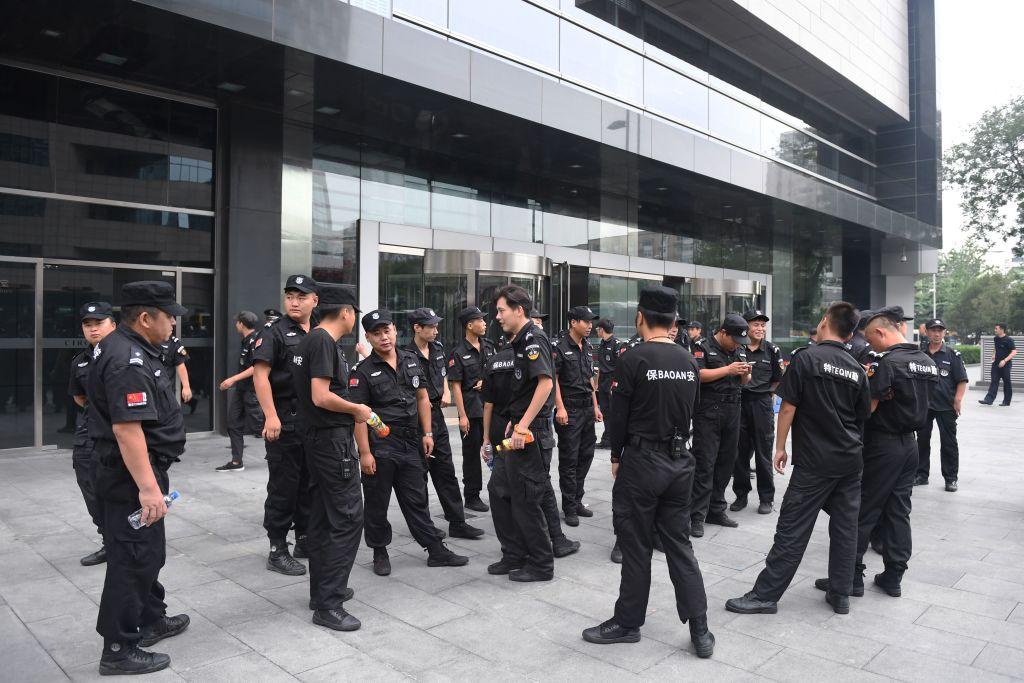A Chinese anti-America internet celebrity and chairman of a P2P lending platform was recently arrested for alleged online fraud, which raised a lot of eyebrows among his 3 million-strong followers.
Huang Sheng is the chairman of Chinese P2P lending platform Xitouwang. He has over 3 million fans on Chinese social media platform Weibo, and often published anti-America posts to attract like-minded followers. His posts have won him the nickname “Anti-America VIP.”





